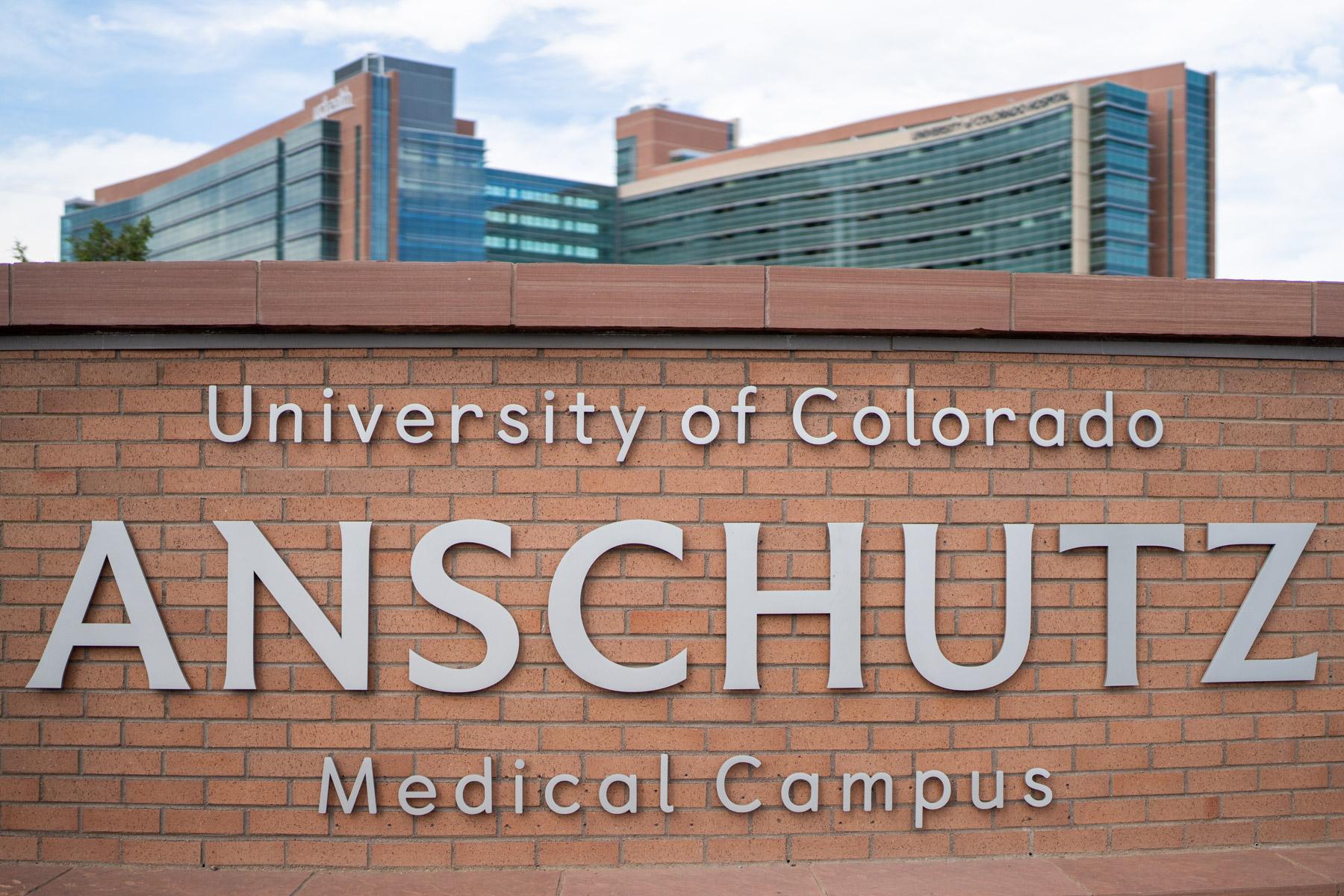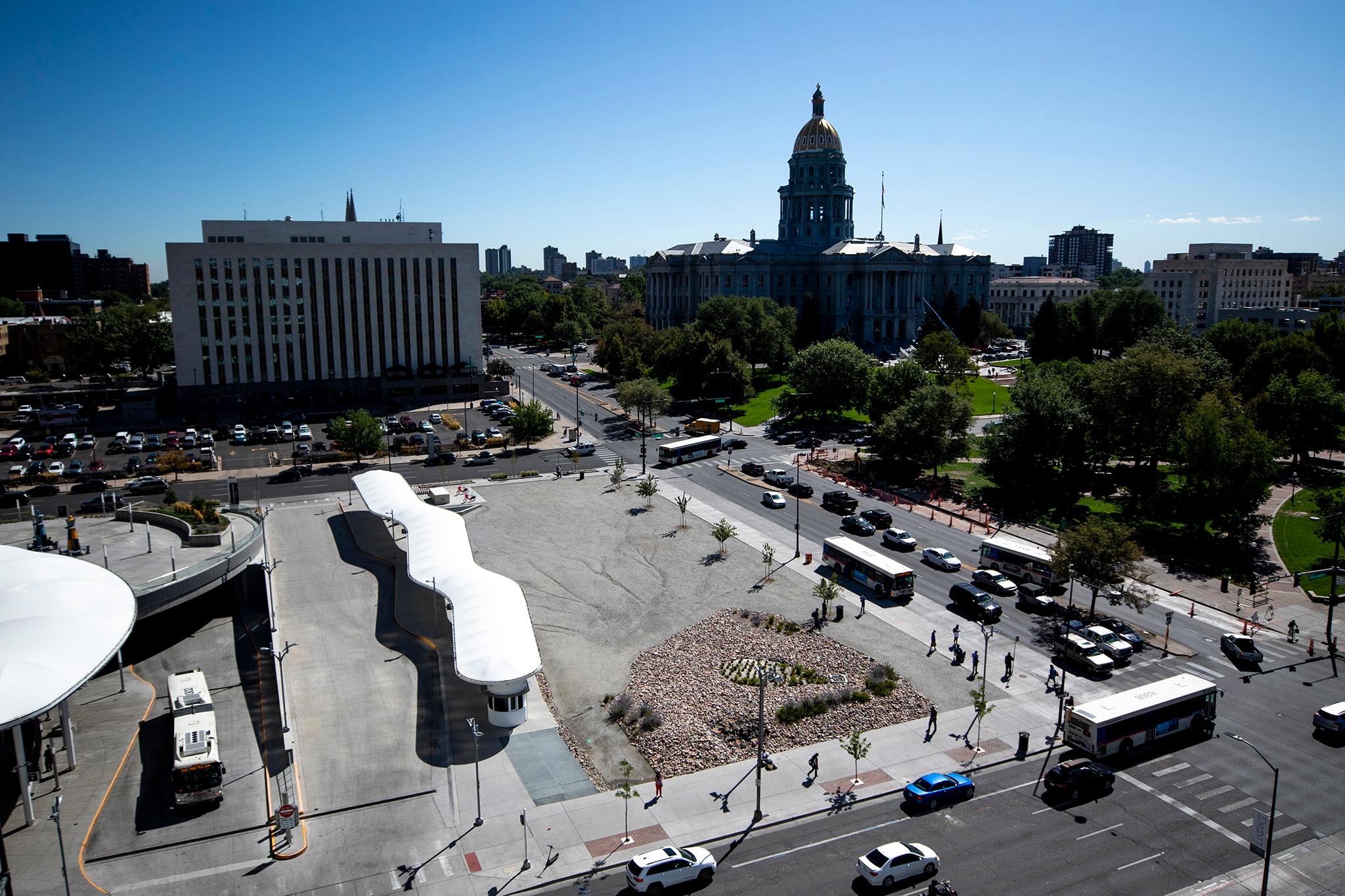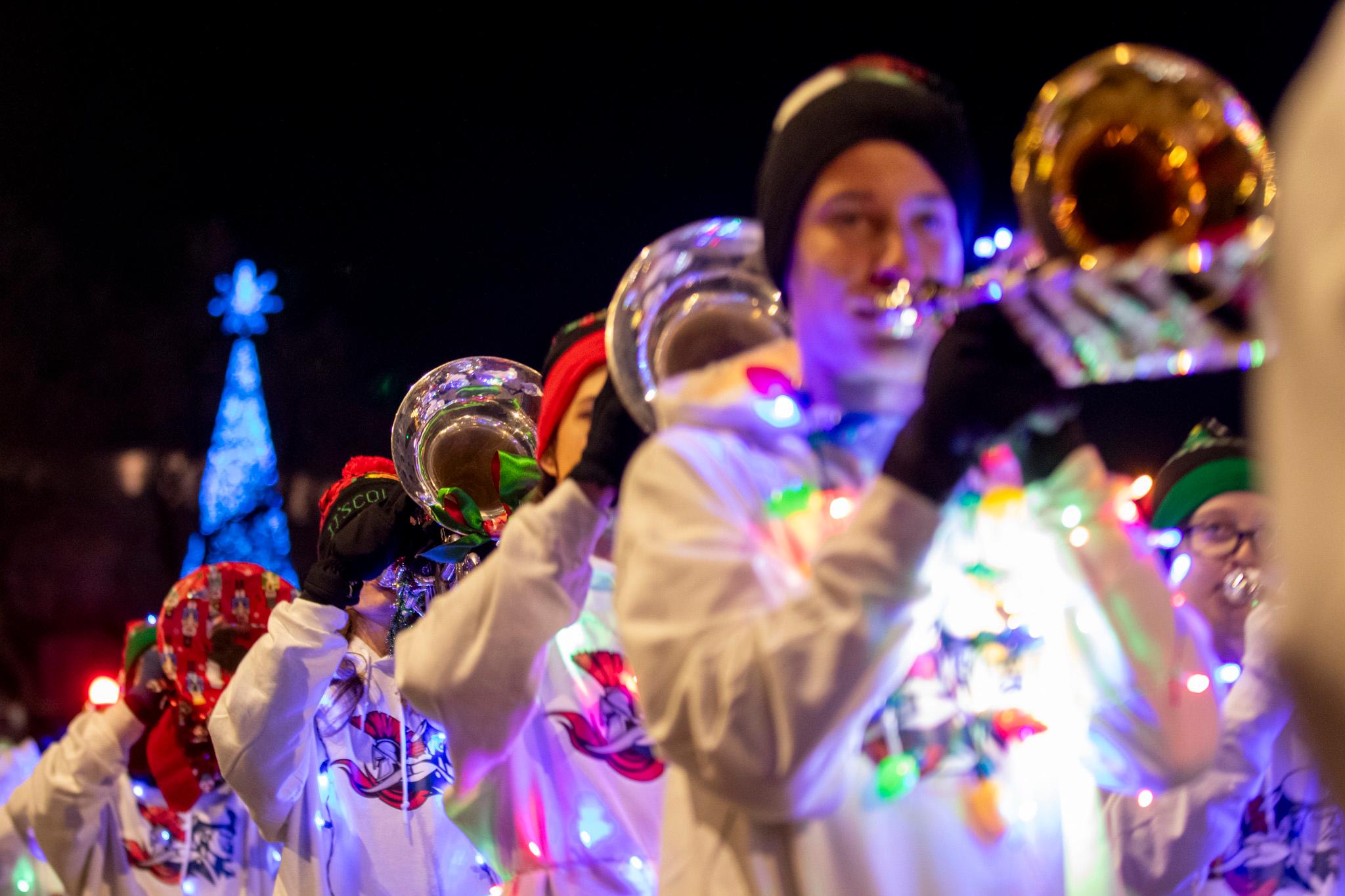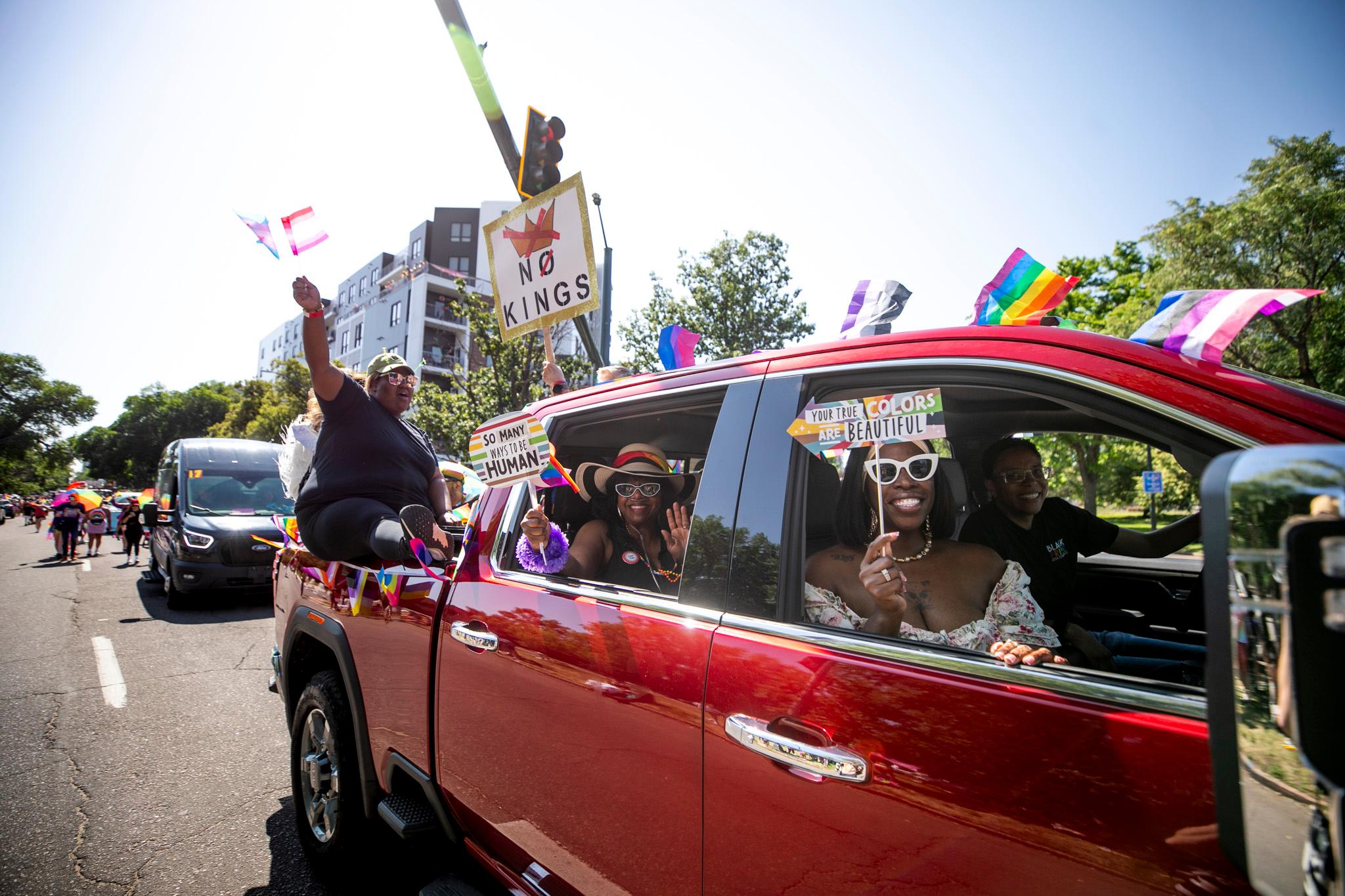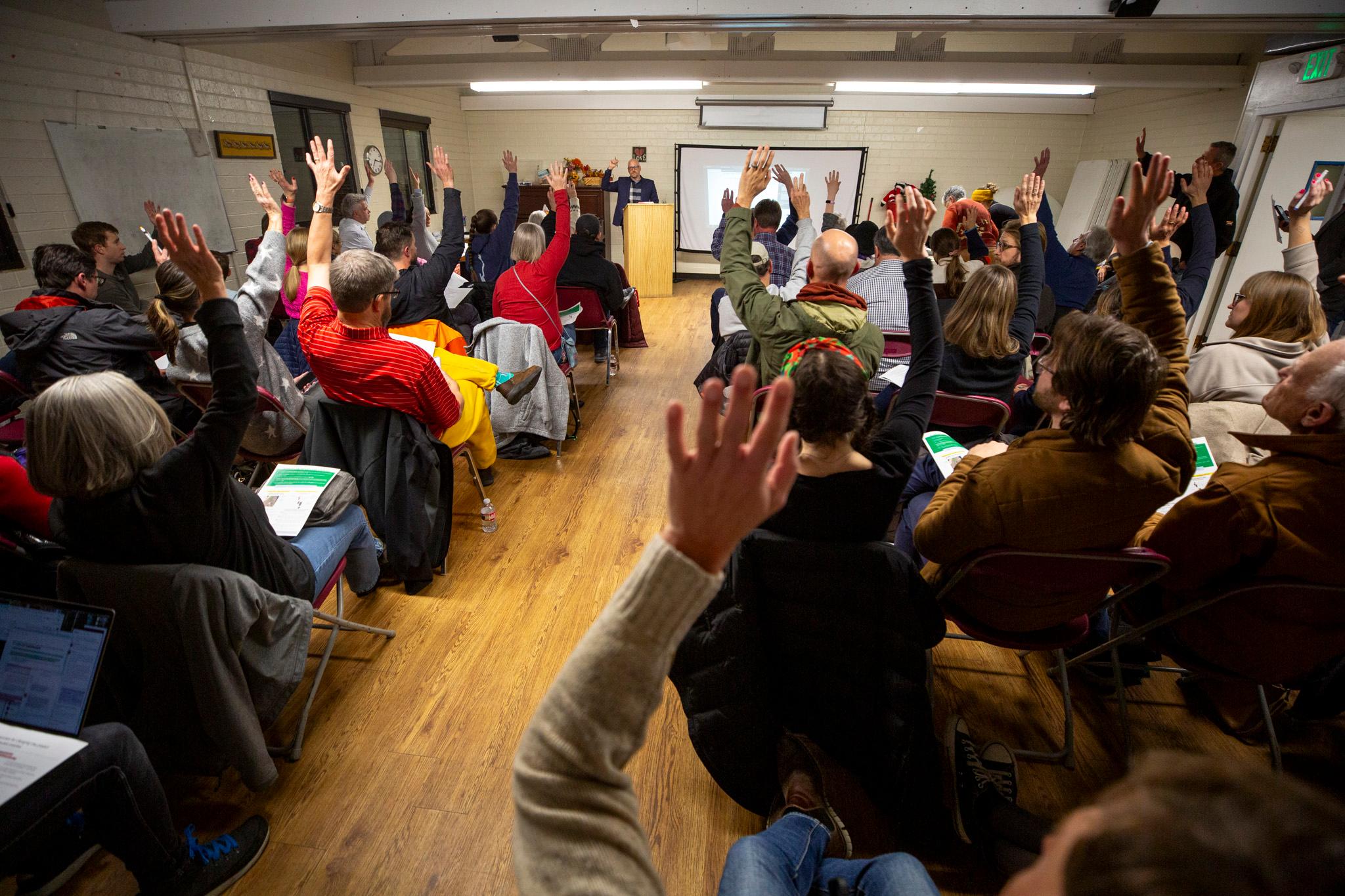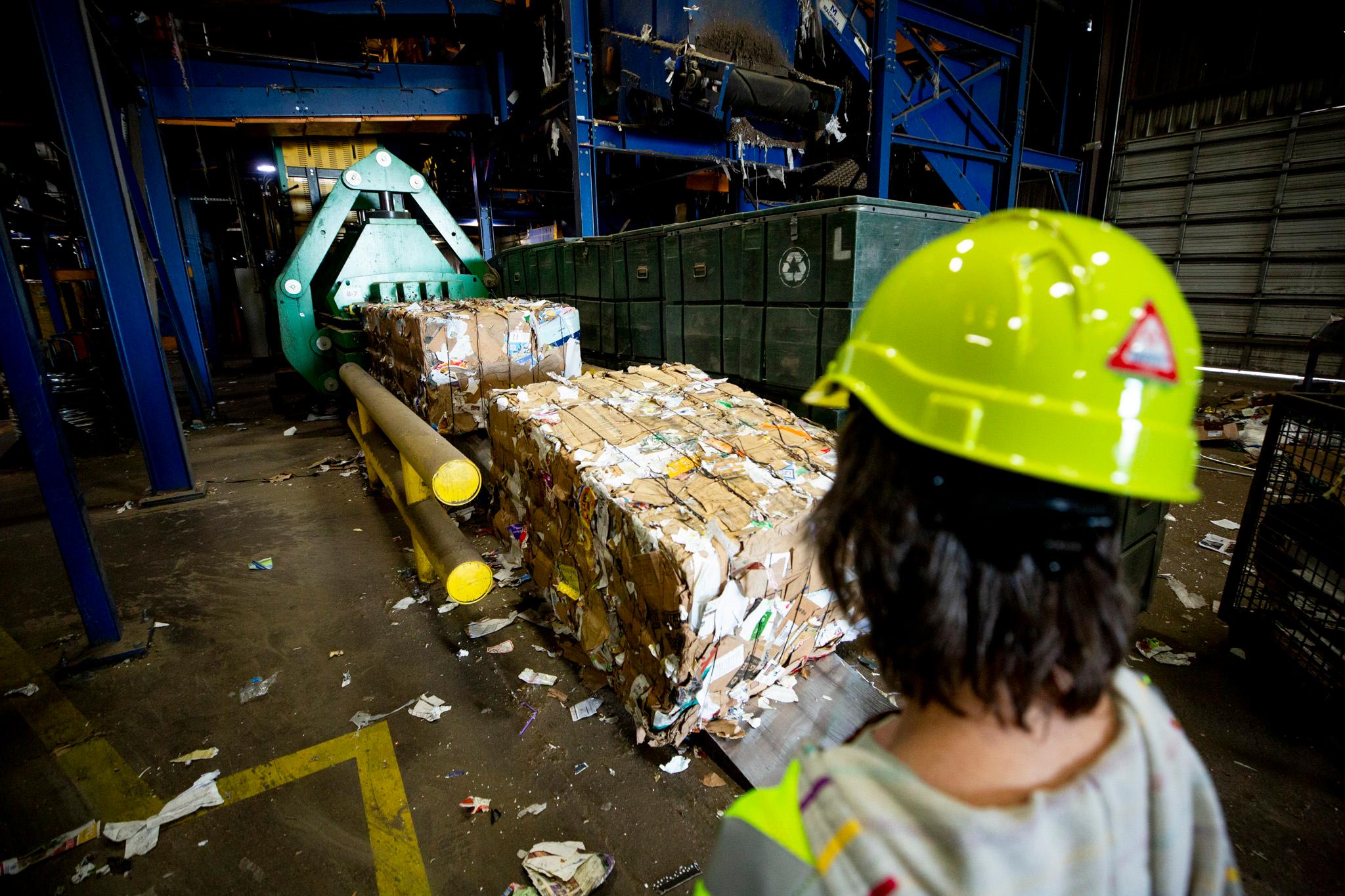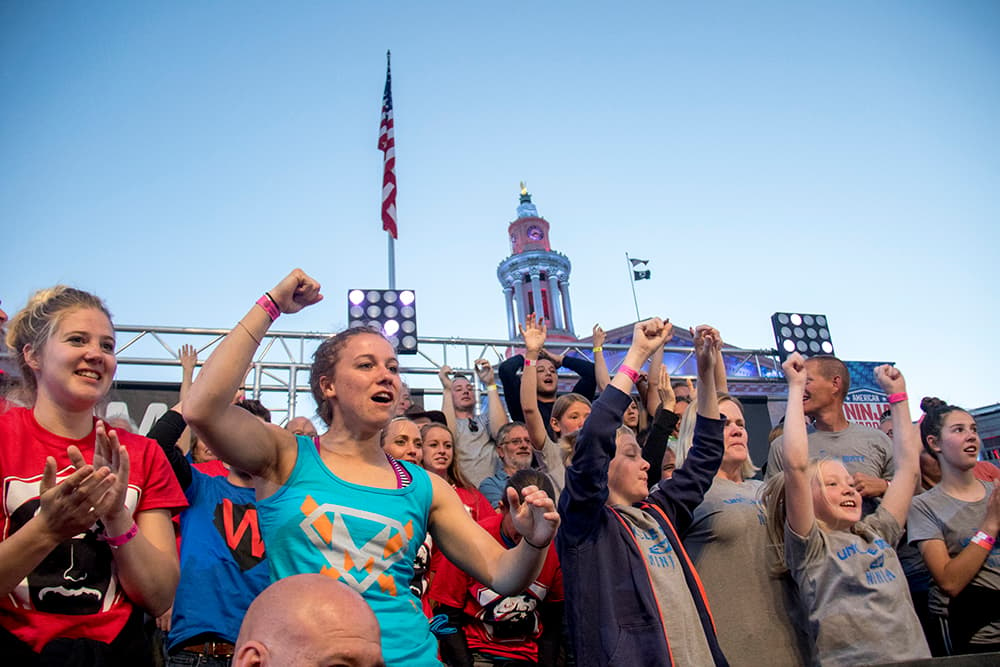
Can we host the Olympics? And should we host the Olympics?
Those are the two overarching questions the Denver Winter Games Exploratory Committee is tasked with answering in coming weeks as Mayor Michael Hancock and Gov. John Hickenlooper mull over whether to put a bid together for the 2026 or 2030 games.
The Winter Olympics is a behemoth attraction — tied to billions of dollars in investment and hundreds of thousands of attendees — that cities around the world are trying to capture. The event is the highest-profile example of what tourism-minded officials in Denver long for and crowd-conscious residents fear.
On a smaller scale, Denver recently hosted part of the 2017 CONCACAF Gold Cup tournament at Mile High Stadium, wooed the regional Outdoor Retailer trade conference away from Utah and is threw its name in the ring to host a future NFL Draft.
The Denver Winter Games Exploratory Committee could deliver its recommendation about going after the games as early as March, according to Robert Cohen, chair of the group.
Cohen founded the Denver Sports Commission tourism group and is chairman and CEO of the IMA Financial Group Inc. out of Wichita, Kansas.
"Denver is already an international city. It's a great city. And it's my home, and I care a lot about it. But this would focus the world's eyes on who we are and what we're doing. It's a way for our community to come together and celebrate," he said.
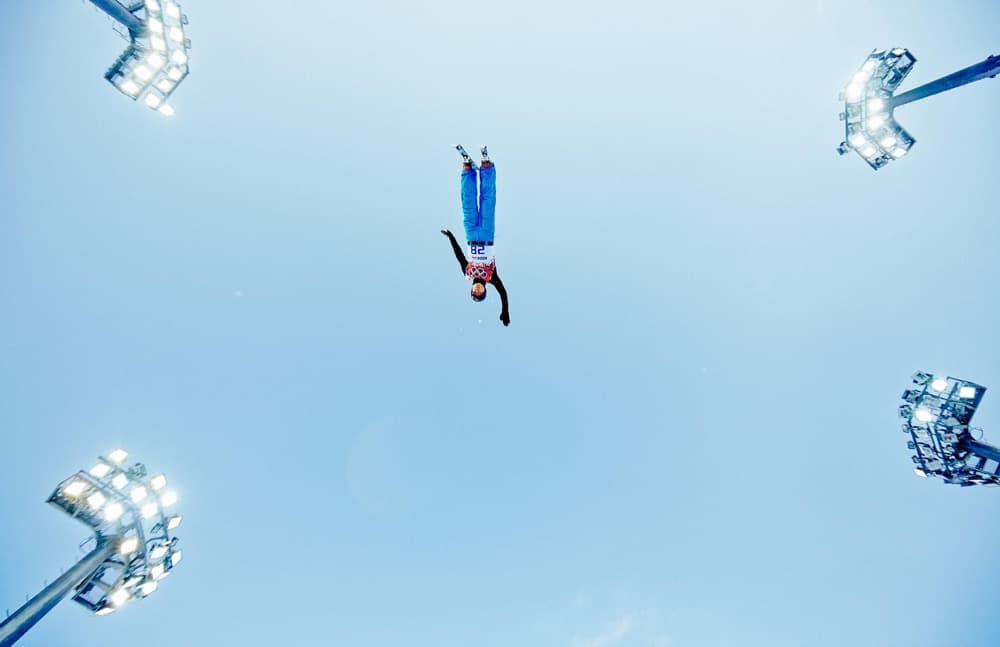
Shinyong "Shawn" Jung is a native of South Korea, where the 2018 Winter will kick off Feb. 9, as well as an assistant professor in the Department of Hospitality, Tourism and Events at Metropolitan State University of Denver. He said people should be talking to residents about the major events they plan to bring.
"Considering the history that this is a city that turned down an Olympic offer, we have to actually do some feasibility studies and investigate what the local community thinks about this and whether we as a community will really welcome all these international people from around the world," Jung said.
The Denver Winter Games Exploratory Committee unveiled an online survey and “Explore the Games” website this week to let residents weigh in. Online meetings are planned for Feb. 8 and Feb. 24. And “Sharing the Gold” advisory groups are expected to allow community members make recommendations about the games.
Christine O'Connor is representing Denver's Inter-Neighborhood Cooperation on the advisory subcommittee. She is not excited about the possibility of the Olympics coming, calling the event "another financially risky, short-lived mega-project."
"The problem is there are tremendous people resources and money being used to address the question of the Olympics and if that energy, both financial energy and brain power, were used to explore Denver addressing its more pressing problems, I think we’d see a miracle," O'Connor said.
"I would rather see us use our independent judgment to decide what would be best for the metropolis as a whole and the state as a whole without this added attraction. 'Glitter,' I call it," she added.
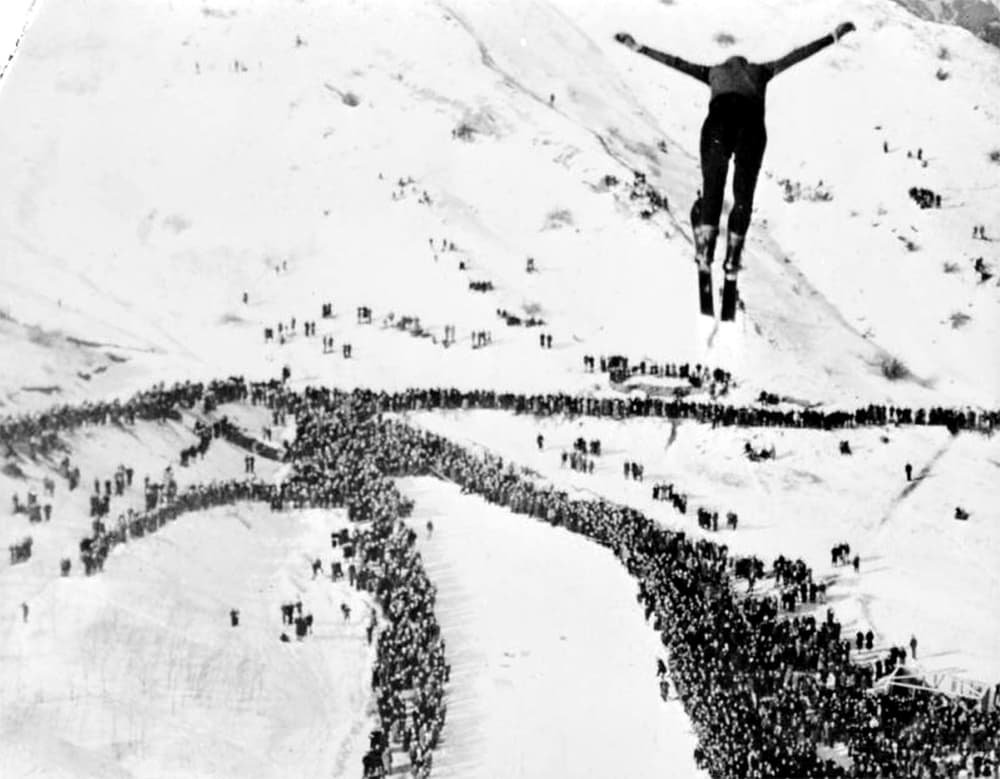
O'Connor's comments illustrate part of the challenging backdrop Cohen and his group face.
"There's this old story that the games were publicly financed, cost the city money, were not sustainable, created growth and all of these things," Cohen said. "All I want people to do is look at the facts — pro and con — and look at the new story unclouded by the old story."
The old story is that on Nov. 7, 1972, Colorado voters decided by a 60-to-40 margin to make the state the first to reject hosting the Olympics. Left with little choice, the International Olympic Committee moved the ’76 games to Austria.
This time around, there are financial and legal subcommittees looking at the guarantees that are part of a host city agreement as well as how to put together a privately-financed plan. Colorado's Olympics budget could be between $1.5 billion and $2 billion.
"We're looking at this as not the sole solution but a possible way to help with affordable housing, which is an issue we have both in the city and the mountains," Cohen said.
The group is exploring whether an Olympic Village could be spread out and later used for affordable housing as one option to make the Olympics a benefit to Colorado.
"Can there be a potential legacy around congestion on the Interstate 70 corridor, and I'm not talking about inside the city. I'm really talking west of the mountains," Cohen said. "And we're not talking about building any new, permanent venues which I think people are really surprised by that. And they're surprised by the fact the Olympics are looking for cities that don't have to build any permanent venues."
The group reports only needing temporary venues for the Nordic combined, ski jumping and bobsleigh/luge events. That could cut down on costs and concerns about venues that won't be used in the future.
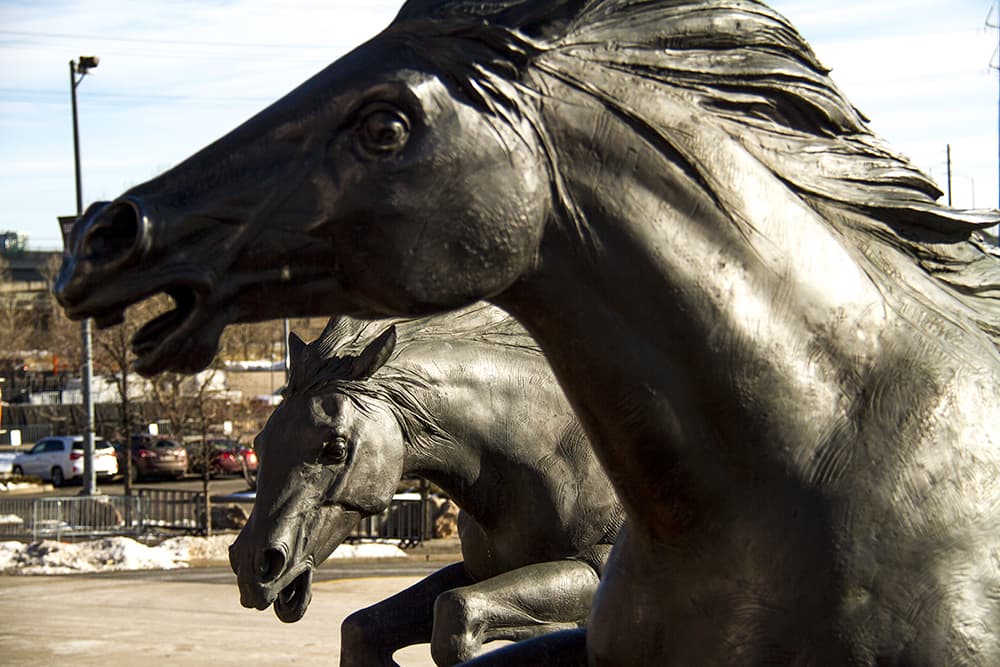
The executive director of the Denver Sports Commission, Matthew Payne, said his Visit Denver affiliate is working with the Denver Winter Games Exploratory Committee. His organization is also trying to bring another high-profile event to the city.
Officials from the Denver Broncos and Visit Denver met with NFL officials in New York in November to pitch the Mile High City as a possible home for the NFL Draft. "Due to the competitive nature between bidding cities," the organizations declined to share their presentation. And since Visit Denver is "a legally distinct not-for-profit entity that acts as a contractor to the city of Denver to provide convention and tourism marketing services," the organization is not subject to state records laws.
"It's nice the NFL has expressed an interest in Denver, and we had a productive visit at the big office back in November," Payne said "We really just discussed opportunities and really talked mostly about the benefits of Denver. At this point, we're just kind of looking forward to further dialogue."
Payne said major sporting events in the vein of the NFL Draft are a big economic driver for Denver. The Philadelphia Convention and Visitors Bureau estimated that hosting the 82nd annual meeting of National Football League franchises to select newly eligible American football players in 2017 had a $95 million economic impact for the City of Brotherly Love.
"We think the high-profile events bring global exposure. We think they bring more tourism which, of course, means more spending at hotels and restaurants around town, job creation and potential for opportunities in legacy for things in the future," Payne said.
Want more Denver news? Subscribe to Denverite’s newsletter here bit.ly/DailyDenverite.
Business & data reporter Adrian D. Garcia can be reached via email at [email protected] or twitter.com/adriandgarcia.

